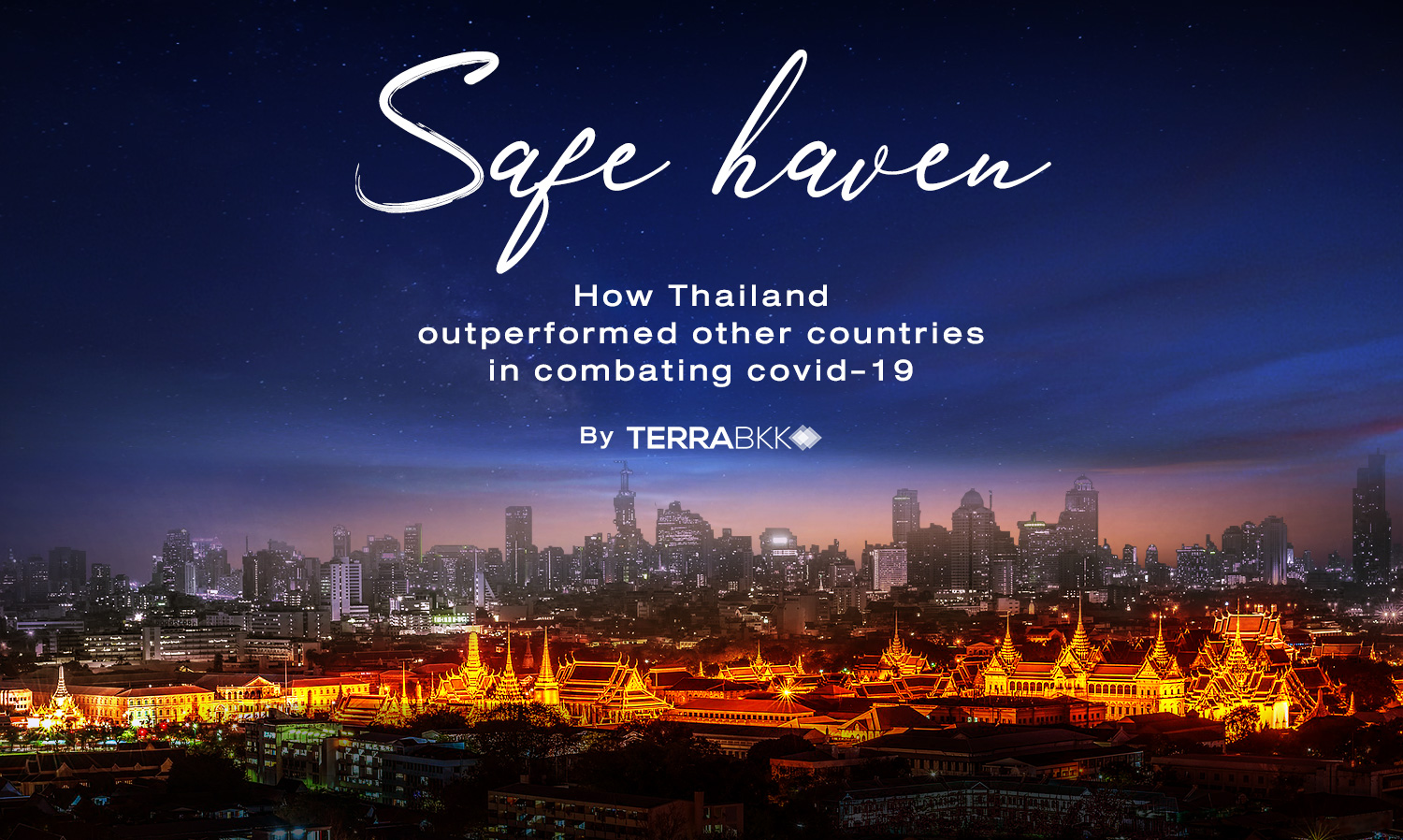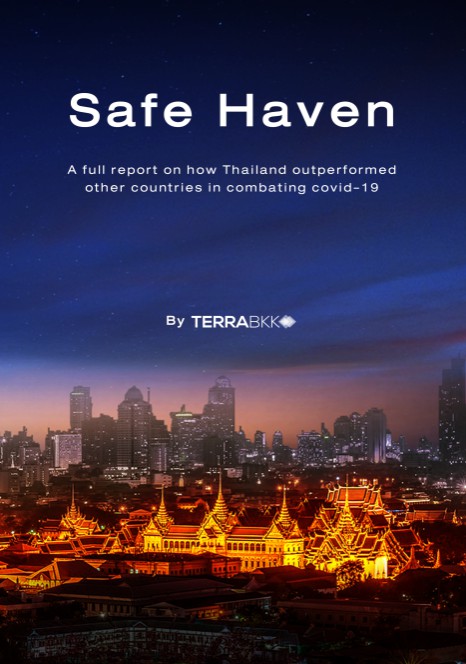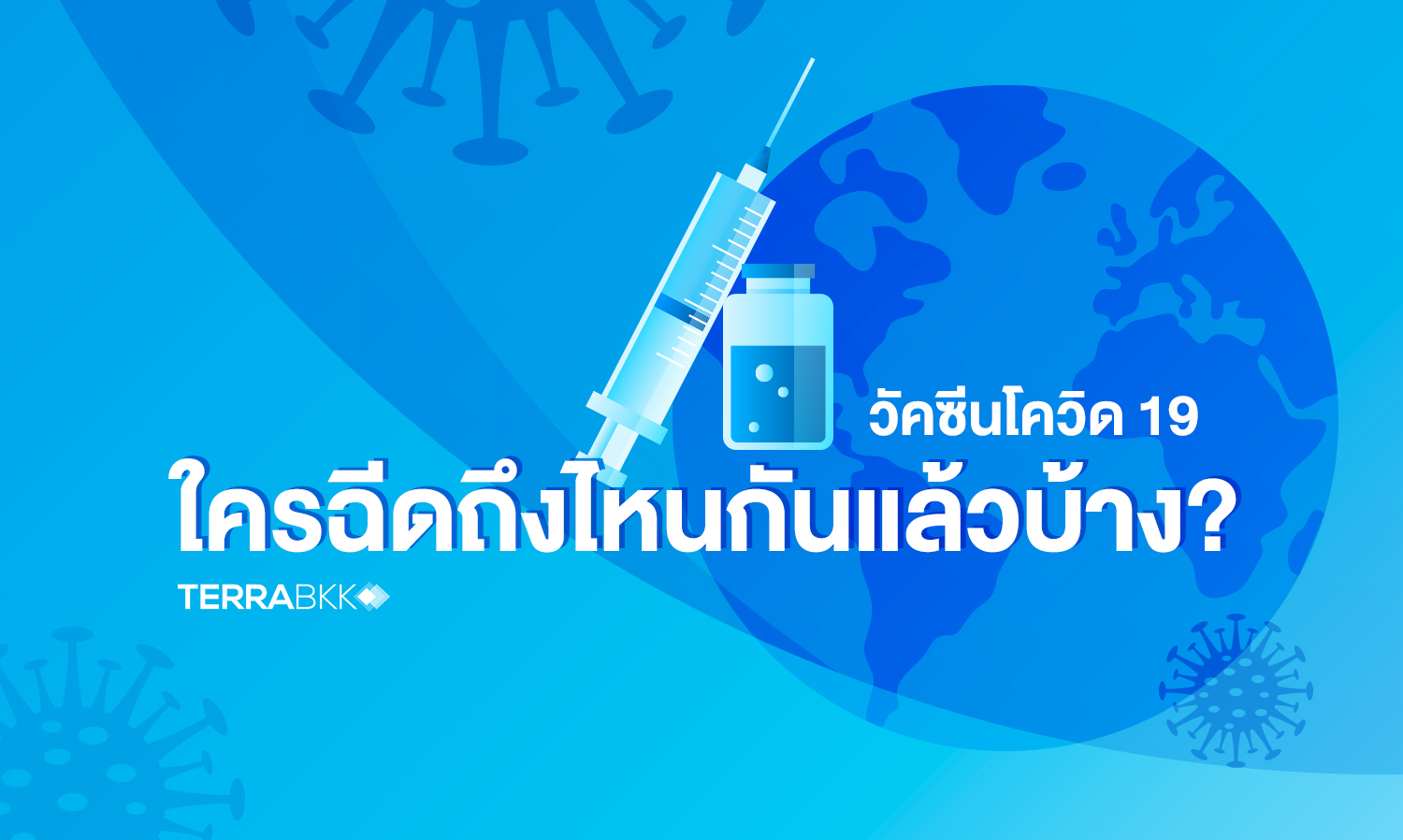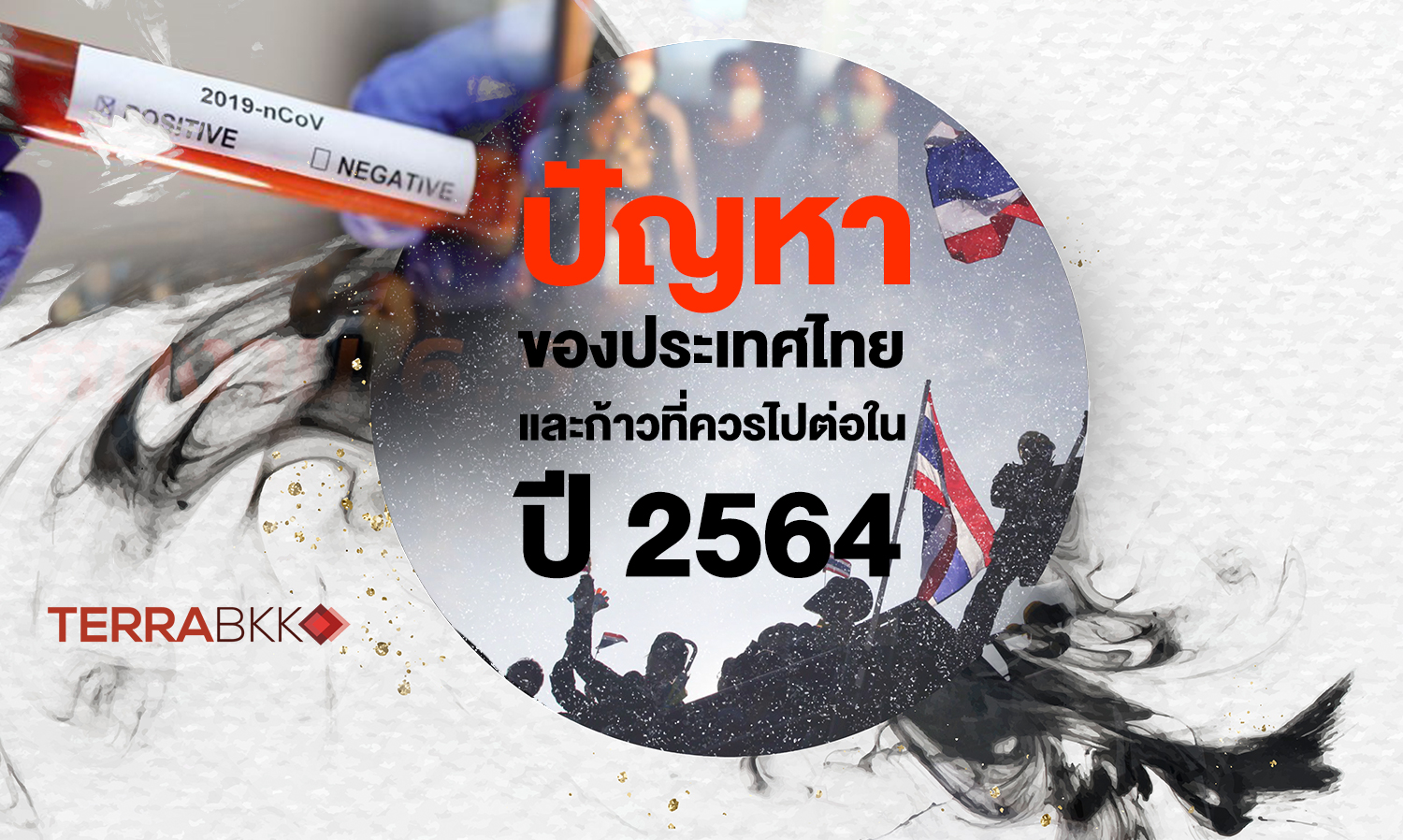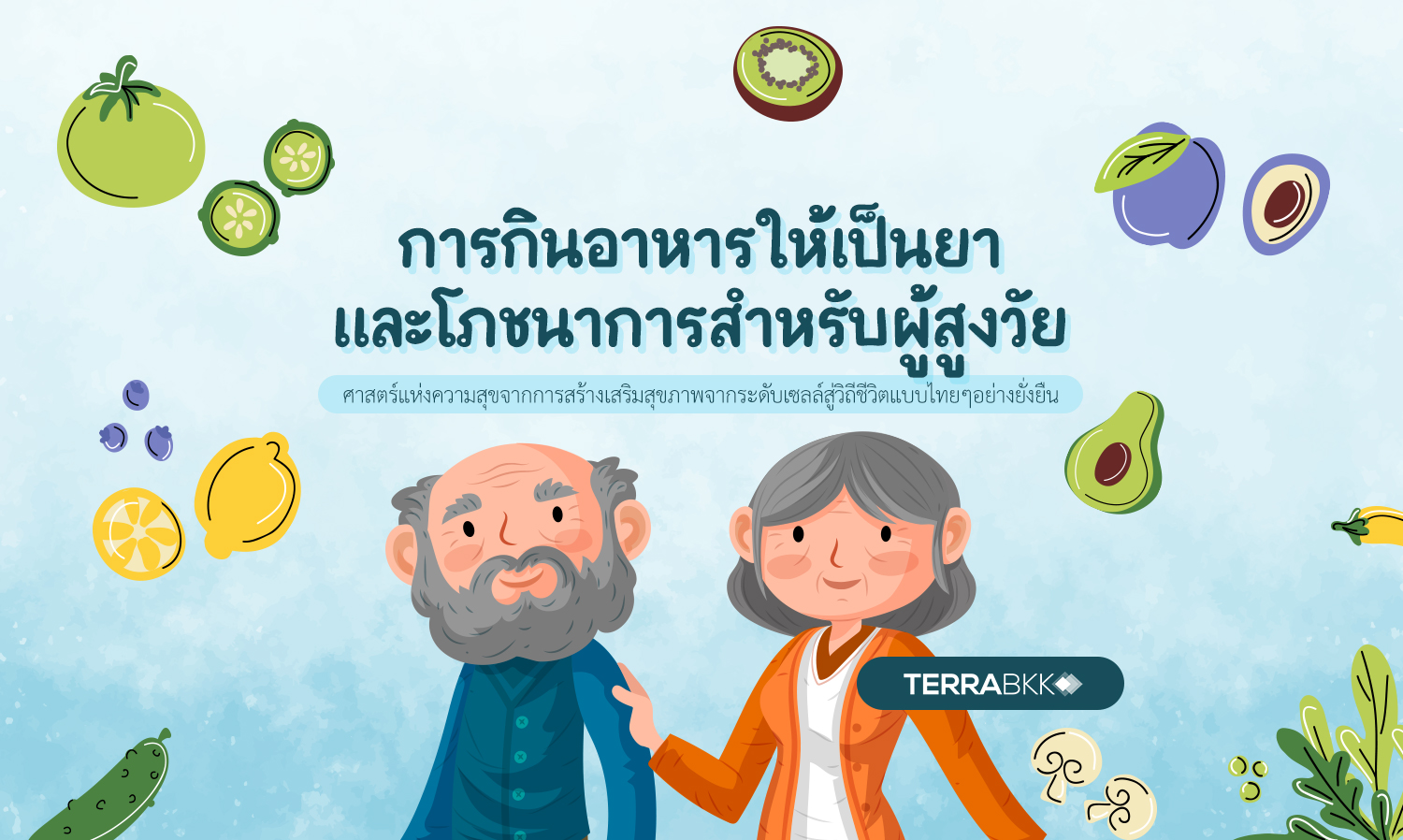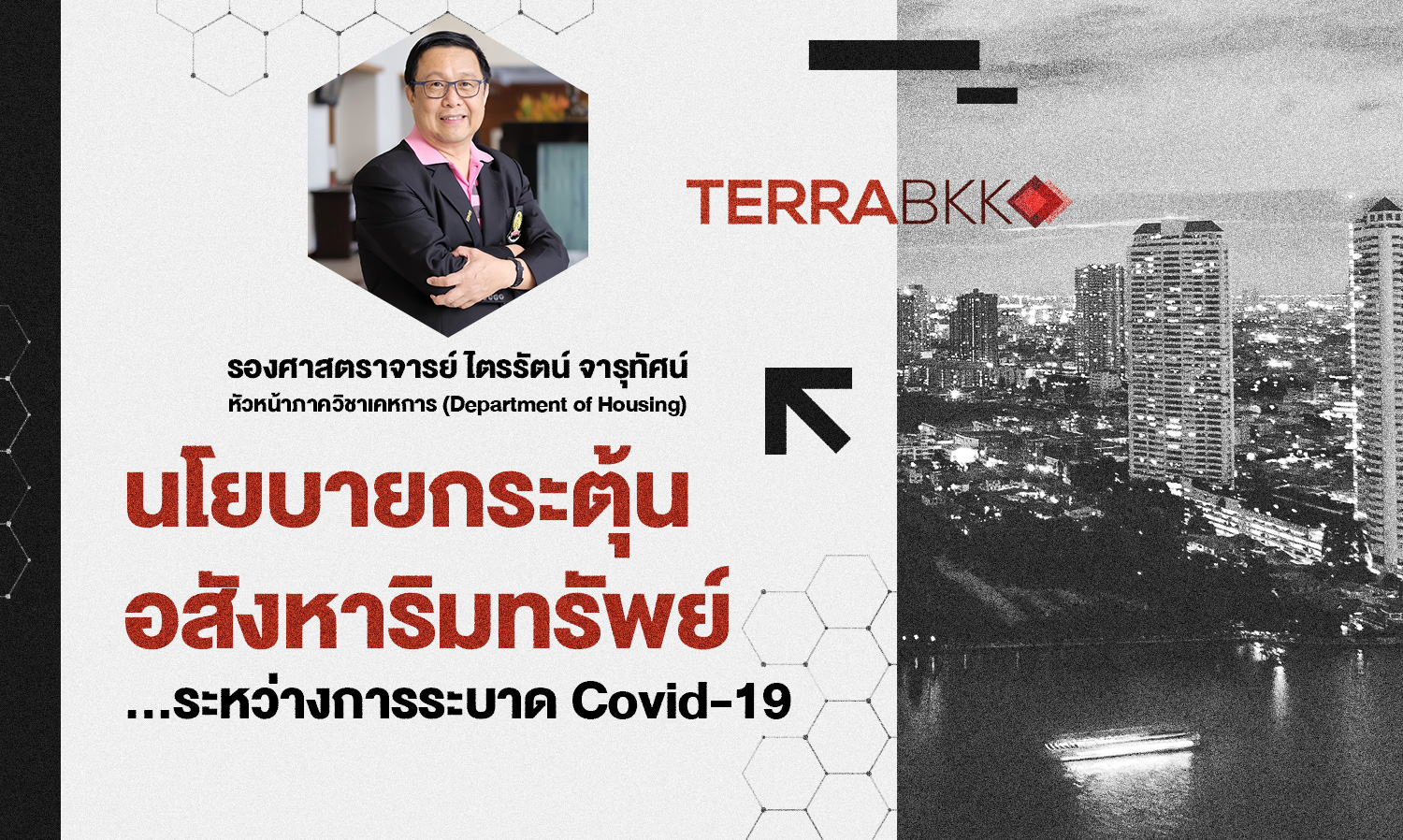Safe Haven: How Thailand Outperformed Other Countries in Combating COVID-19.
Note: This article is fact-based but with commercial purpose. If this does not suit you, please do not continue.
Very few expected Thailand to overcome the challenges precipitated by the COVID-19 Crisis within just two months, but the truth speaks for itself. The country has moved from the 2nd highest risk country for Covid-19 to the 59th, and the number of new daily cases continues to decline. Today, Thailand has become one of the lowest risk countries for the CoVID-19 pandemic and has positioned itself as a solid example of how to successfully combat the virus’s spread. Read the full article here >>> Click
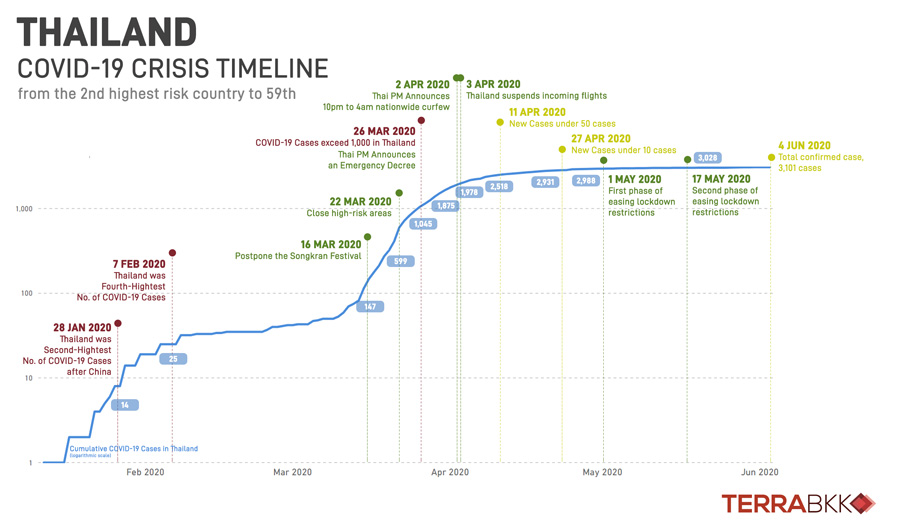
Please help us by participating in this questionnaire. >> Click
How did this happen? Below is a timeline of significant events that have occurred during the coronavirus crisis in Thailand.
- January 2020: Thailand welcomed 1,030,148 Chinese tourists to the country during the month of January. After the first confirmed case in Thailand was initially reported, the Thai government declared the coronavirus outbreak an extreme situation and swiftly implemented the necessary measures to tackle the problem early on.
- 7 February 2020: The government began enforcing “arrival containment.” This entailed all inbound passengers to Thailand being screened and quarantined before entering the country.
- 12 February 2020: The government intensified screening measures in eight key provinces that are major tourist destinations
- 29 February 2020: COVID-19 was identified as a “Hazardous Transmitted Disease.”
- 15 March 2020: The number of cases in Thailand surpassed 100, and Thailand became, once again, the focal point of the pandemic among the global community.
- 16 March 2020: The government announced the suspension of “Songkran Festival,” which is a local Thai New Year famously known around the world for gatherings and frivolously splashing water in public.
- 20 March 2020: The campaign, “#stay home-stop infection-for-the-country” was introduced to promote new prudent practices to everyone in Thailand to help the country combat the COVID-19 pandemic.
- 22 March 2020: The Prime Minister declared a nationwide “State of Emergency” to mitigate the spread of Covid-19. Checkpoints were established along main roads to monitor interprovincial transportation.
- 3 April 2020: The Civil Aviation Authority of Thailand announced the suspension of all incoming international flights to Thailand until the end of April.
- 9 April 2020: The government announced a national prohibition of all alcohol sales to reduce private gatherings that could increase the risk of spreading the virus.
- 11 April 2020: The number of daily new reported cases fell to less than 50 cases.
- 27 April 2020: The number of daily new reported cases fell to single digits.

Credit: https://www.bangkokbiznews.com/news/detail/871773
Credit: https://news.thaipbs.or.th/content/290004
At the date that this article was published, the number of cumulative cases in Thailand was approximately 3,000 with 58 deaths according to World Health Organization.
It has undoubtedly been very challenging for everyone in Thailand to respond to a crisis of this magnitude. The success of Thailand in combating the Covid-19 pandemic may never have happened without strict governmental policy and an earnest commitment from all Thais. There were many drivers of the success of Thailand in combating the Covid-19 crisis. Our analysis in the following section serves discuss these factors.
Please help us by participating in this questionnaire. >> Click
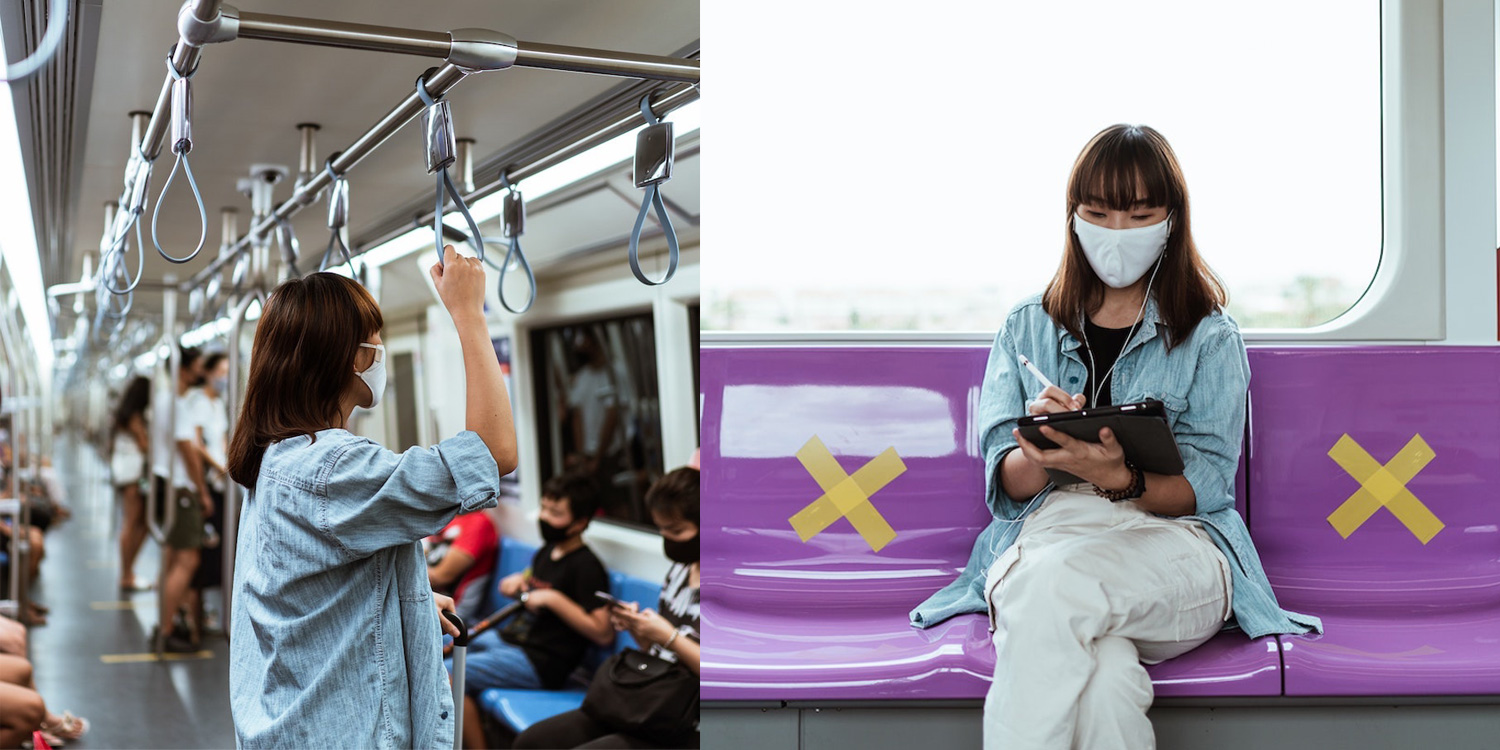
In retrospect, the success of Thailand in combating the COVID-19 pandemic can be attributed to the following three major aspects:
(1) “Thai Culture” which espouses supportiveness with strong fundamentals of how people should live and work together. Despite placing significant importance on tradition, Thai culture also emphasizes expanded utilization of modern technology.
(2) “Government Actions” which were decisive during the Covid-19 pandemic and included cancelling all inbound international flights and disciplined adherence to the nationwide lockdown. Other significant governmental actions included collaborating with specialists and experts from the Ministry of Public Health regarding appropriate actions to control and manage the pandemic.
(3) “Product and Service Availability” which has been backed by the strength of the private sector. Food and services remained available to people in Thailand almost to a pre-pandemic extent. This had the significant effect of reducing the phycological stress observed in countries where supply chains were drastically affected by the pandemic.
Each of these points will now be subsequently elaborated upon.
Please help us by participating in this questionnaire. >> Click

Credit: https://in.reuters.com/article/health-coronavirus
Credit: https://marketeeronline.co/archives/153255
Aspect #1: Thai Culture
1. Light Touch Country - Thais utilize a traditional greeting gesture called the "Wai." The Wai does not involve physically touching another person. This practice eliminates direct contact between individuals and has helped minimize the chance of spreading Covid-19.
2. Facial Masks become common practice - The use of facial masks has been known to help protect against the spread of airborne diseases such as the flu, and Thais have been commonly utilizing this facial accessory for many years. Therefore, when the COVID-19 pandemic first occurred, it was not difficult to convince the Thai public to adopt the use of facial masks.
3. Social Unity - Thailand's political division is relatively modest compared to other countries. When people in Thailand first became aware of the severity of the Coronavirus, they quickly put politics aside and united to combat the Covid-19 pandemic.
4. Citizens’ Experiences with Social Network – Thailand’s social network culture has led to two phenomena which have had a positive impact on the CoVID-19 pandemic situation.
a. Speed of News - People all over Thailand have immediate access to news and updates via traditional outlets and social media. The speed of distribution of news and updates has been crucial during the pandemic.
b. News Screening - Several Thai news networks include special sections to warn the public of “Daily Fake News.” The main purpose of these segments is to warn and inform the public of the legitimacy of information distributed through social media. Thai people also have adopted smart practices for verifying the news using several sources of information before forwarding or sharing.
5. The Belief in Merit - Thai culture revolves around Buddhist ideology. Most Thai people believe in making Merit by helping other people. During the pandemic, many private organizations and Thai citizens have created projects to support and assist others who have been impacted by the pandemic.
Please help us by participating in this questionnaire. >> Click

Credit: https://in.reuters.com/article/us-health-coronavirus
Credit: https://fortune.com/2020/05/22
Aspect #2: Government Actions
1. Extreme Measures Early On - The Thai government opted to go on high alert immediately after the first case of coronavirus was discovered within the country. Many preemptive actions were executed which succeeded in mitigating the severity from the coronavirus outbreak.
2. High Quality Public Healthcare System - Contrary to what many people believe about developing countries, the public healthcare system in Thailand is of very high quality, particularly compared to neighboring countries in Southeast Asia. The Thai public healthcare system is effectively managed by renowned and experienced medical doctors. The Ministry of Public Health has effectively spearheaded the handling of the crisis with swift responses based on scientific evidence and data.
3. Village Healthcare Volunteer Program - The Village Healthcare Volunteer Program quickly recruited volunteers from many villages in Thailand. These volunteers received training from the Ministry of Public Health. Subsequently, the volunteers would visit “every single household” in their village to promote “appropriate practice” to curtail the spread of CoVID-19.
Aspect # 3: Product and Service Availability
1. Strong Private Sectors - In crisis time, leaders among the private sectors can be convened quickly through a strong network of regional chambers of commerce and trade associations. Corporations comply and accommodate quickly to support Thai government policy.
2. Stable Utility - During the pandemic, the whole utility system has been stable and operated as in normal time. With a stable utility system, the daily life of people in Thailand remains uninterrupted and government staff is therefore able to devote more attention to solving other urgent issues.
3. Digital Economy - Electronic payment and delivery services using mobile apps are increasingly utilized throughout Thailand. During the lockdown, people are able to stay at home and conveniently order goods and services using their cell phone apps. This has helped in reducing human-to-human transmission of coronavirus.
4. Food Supply (Providers) - It is known that access to food relies heavily on the availability of goods in supermarkets and the efficiency of their supply chains. During the pandemic, the government issued exemptions for food supply related businesses which has helped maintain the availability of fresh foods and produce to the same extent as seen pre-pandemic.
Please help us by participating in this questionnaire. >> Click
High Quality Life for Expatriates
So far, this report has presented how Thailand has managed the Covid-19 pandemic more effectively than in many countries. If we analyze life in the country for foreigners, especially expatriates, we see that life in Thailand is also more comfortable than in many countries. Here are some examples:
1. Affordable Accommodation and Services. - A luxury service two-bedroom apartment in a decent location in Thailand costs an average of $1,500 per month.
2. Abundance of Choices - Not only is the price affordable for many things in Thailand, but choices are also abundant. The middle and upper class in Thailand enjoy a variety of services in many areas.
3. International School Systems - Thailand has many private international school systems that integrate and comply with a variety of global educational standards.
4. Security - Thailand has a relatively low crime rate compared to some neighboring countries. Thailand currently has the 3rd highest safety index and rank 7th in crime rate among the 11 Southeast Asian countries (www.numbeo.com).
5. Hospitality Mindset - Thai people are well known for their culture of caring, and they are one of the happiest people on earth. One distinct characteristic of Thai people is their willingness to help and support people.
6. Healthcare Services - Thailand has advanced and efficient healthcare services, especially in the private medical sector, with availability of cutting edge technology and excellent quality of services at reasonable prices.
7. Inclusivity Mindset - One aspect that is unique to Thailand is the culture of Inclusiveness towards different race, gender, and sexual orientation. Thailand is a secure and welcoming place for the LGBTQ community to freely express themselves.
With the success in handling the Covid-19 pandemic and the reputation of being one of the best destinations for visiting and living, Thailand has truly emerged as a safe haven for everyone.
Are you interested in having your safe haven in Thailand? Please help us learn more about your interest by responding to the following questionnaires. We gladly appreciate your time and response.
Who we are? Terra BKK - we are the research and consulting firm located in Bangkok, Thailand. We specialized in providing consultation on real estate investment, specifically in Thailand. Our teams of highly experienced personnel and real estate experts strive to help you make the best investing decision possible. Our website offers content, tips, tools and valuable insights to help you gain the knowledge needed for investing in real estate in Thailand.
Free consultancy about purchasing or renting property Thailand, please contact us at contact@terrabkk.co.th
Download report here >>> Click
